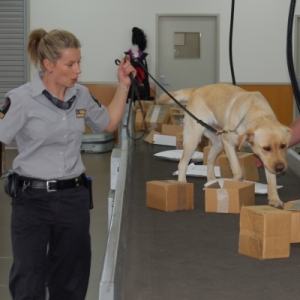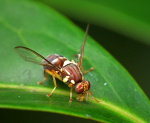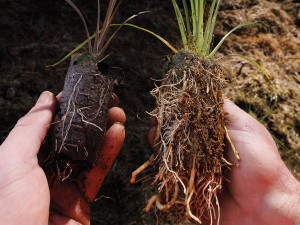Primary Industries Minister David Carter is welcoming a boost to New Zealand's biosecurity frontline with the graduation on Friday of 46 new recruits.
With training completed of the largest intake of border staff in over a decade, the Ministry for Primary Industries issued warrants to 43 new quarantine inspectors and three new detector dog handlers at a ceremony in Auckland.
"As the Government had planned, these new border staff will bring MPI's biosecurity frontline up to full strength and will help meet the demands of the summer peak season," says Carter.
"The quarantine inspectors and dog handlers are now ready to protect our primary industries and the Kiwi way of life by keeping unwanted pests and diseases out of the country."
The majority of the quarantine inspectors will be based in Auckland, and five will go to Wellington. The three new dog handlers will go to Auckland, Wellington and Christchurch.
Four existing warranted quarantine inspectors who have trained as dog handlers are also graduated. They will work with the 11 detector dogs that went through MPI's training centre earlier this year.
"Detector dogs and their handlers are an important part of our biosecurity frontline. The dogs' presence at the airport is a major factor, they are excellent at detecting seeds and plants that x-rays may miss, and they screen people faster than x-rays," Carter says.











